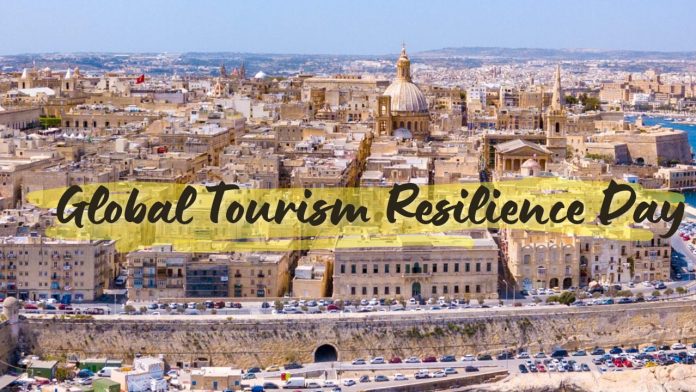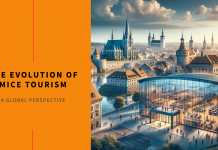February 17th marked the Global Tourism Resilience Day, spotlighting the critical importance of sustainable tourism in fostering economic growth, social development, and environmental conservation.
Tourism serves as a lifeline for many developing nations, providing essential income, foreign currency earnings, and job opportunities. Moreover, it acts as a bridge connecting people with nature, making sustainable tourism a potent tool for environmental stewardship and conservation efforts.
Sustainable tourism, encompassing practices like ecotourism, holds the potential to advance all three dimensions of sustainable development and achieve the Sustainable Development Goals (SDGs). By driving economic growth, reducing poverty, and promoting inclusive employment, it paves the way for more sustainable consumption and production patterns.
Additionally, sustainable tourism contributes to the preservation of marine ecosystems, promotes local culture, empowers marginalized groups such as women, youth, and indigenous communities, and fosters rural development. It formalizes informal sectors, mobilizes domestic resources, and protects the environment while eradicating poverty and hunger.
The designation of Global Tourism Resilience Day, as proclaimed by the General Assembly in resolution A/RES/77/269, underscores the necessity of building resilience within the tourism sector. Recognizing its vulnerability to emergencies, the day serves as a call to action for member states to develop robust strategies for rehabilitation post-disruptions.
These strategies entail fostering public-private partnerships and diversifying tourism activities and products. By doing so, countries can mitigate the impact of shocks, ensuring the long-term sustainability and resilience of the tourism industry.
As the world grapples with ongoing challenges, Global Tourism Resilience Day serves as a timely reminder of the crucial role sustainable tourism plays in driving inclusive growth, protecting the environment, and building resilient communities worldwide.












